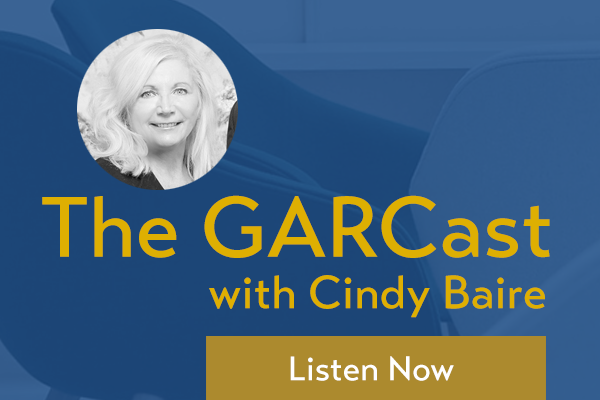With the New York City Advisory Commission on Property Tax Reform continuing to recommend reforms to the city’s byzantine property tax system, homeowners are eagerly anticipating the findings of the blue-ribbon panel.
“Property taxes are too high. It’s ridiculous. And it’s not just homeowners that are getting hurt. It’s people who rent apartments, too. If the landlord has to pay higher property taxes, they raise the rent,” Bay Ridge homeowner June Johnson said.
“I can understand why people are leaving the city to go and live some place else. The city is becoming unaffordable,” Johnson added.
There is a growing sense of anxiety from homeowners, who are growing impatient with the city and hoping for a sense of relief when they get their property tax bills.
The seven-member commission, appointed by Mayor Bill de Blasio and City Council Speaker Corey Johnson in 2018, was scheduled to deliver a preliminary report in the summer of 2019 and a final report by the end of 2019. But the deadlines passed with no report.
The commission spent several months holding public hearings in all five boroughs and heard from property owners about what homeowners called vast and unfair inequities in the tax system.
Chief among the complaints was that the city’s property tax structure causes homeowners in more desirable neighborhoods, like Brooklyn Heights and Park Slope, to pay less than property owners in other parts of Brooklyn, like Bay Ridge and Flatbush.
“The most expensive home in U.S. history was a condo in midtown Manhattan that sold for $238 million. Meanwhile, the owner of a two-family home in the Bronx that sold for $439,000 pays more in property taxes,” Councilmember Justin Brannan said
The property tax fight makes for high stakes drama as de Blasio enters the last two years of his mayoralty.
Property taxes are the largest source of revenue for the city, generating billions of dollars each year, according to the Citizens Budget Commission.
Brannan, a Democrat who said constituents in his Bay Ridge, Dyker Heights and Bensonhurst district are hit hard by high property taxes, offered ideas.
“The way I see it, three things need to happen in order to get true property tax reform: One, reforms should include a ‘circuit-breaker’ provision which would limit property taxes in relation to family income. Second, tenants of rent-stabilized units need guarantees that savings will be passed on to them if property taxes decline on rental properties. Third, Albany must correct the inequities and problems in the current 1981 state law, which imposed assessment caps to keep taxes from rising too fast for one, two and three-family homes, but didn’t apply those caps to multi-family homes with 10 or more units,” Brannan said.
“Bottom line is right now owners of multi-million-dollar brownstones are paying less in property taxes than people in my district who live in a two-family attached house. If that’s not a tale of two cities, I don’t know what is,” Brannan added.
On Friday, State Sen. Andrew Gounardes announced that he is sponsoring a bill aimed at addressing property tax problems.
The bill that Gounardes and Staten Island Assemblymember Michael Cusick introduced would mandate that if a New York City taxpayer’s property tax bill or Real Property Tax equivalent for renters is over a certain percentage of household income, the taxpayer would receive a benefit percentage of the amount over the threshold back as a tax refund.
“In a fair system, the very wealthiest New Yorkers wouldn’t get a special loophole, while senior citizens and working people struggle to get by. Park Slope shouldn’t pay less than Bay Ridge,” said Gounardes, a Democrat representing Bay Ridge and several neighborhoods in Southwest Brooklyn. “A circuit breaker is designed to prevent damage from an electrical system becoming overloaded. Right now, New Yorkers are overloaded and need relief.”
Assemblymember Nicole Malliotakis, a Republican representing parts of Bay Ridge and Staten Island, is calling on the mayor to cap the property tax levy at 2 percent voluntarily.
“Property taxes are one of the top issues affecting affordability in our city for low-income and middle-class families. Residents are either paying for the increase directly or through their rent. If municipalities around the state can operate within a 2 percent cap, there is no reason why the city of New York can’t do it too, at least until the property tax commission moves forward and implements a structure that is equitable and fair,” Malliotakis said.
Published in the Brooklyn Eagle
[related_posts_by_tax posts_per_page="4" format="thumbnails" image_size="full" limit_year="1"]



